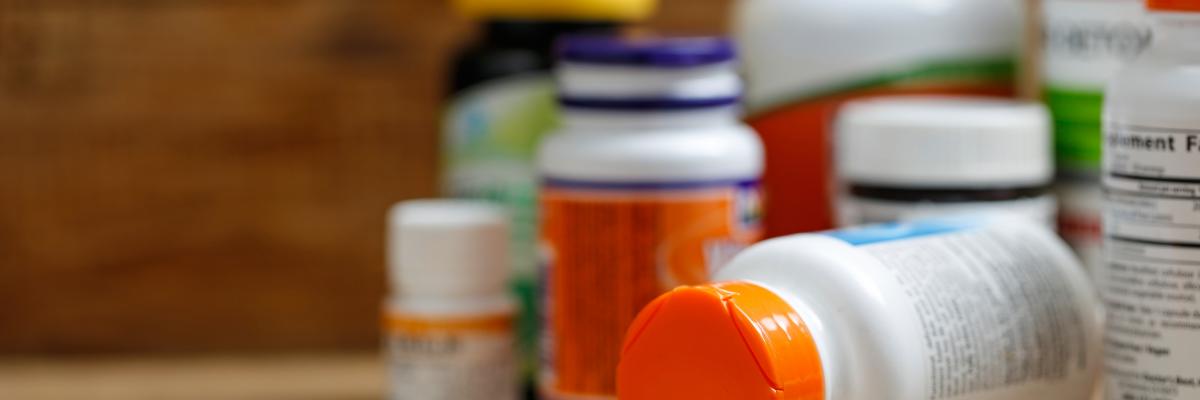Taking biotin tablets can alter some lab test results

Many people take biotin tablets because they believe they will improve their hair, skin and nails. It has been known for some years that taking large doses of biotin can effect some lab test results. The EU recommended intake for biotin is approximately 0.05 mg (50 µg or mcg) a day, and vitamin supplements commonly contain this safe amount. However, much higher levels can be found in supplements widely promoted to benefit hair, skin and nails that contain up to 10 mg, 200 times the recommended intake, which can lead to interference in some laboratory tests.
The most striking interferences with lab test results have occurred in patients taking extremely large doses of up to 600 mg a day as part of trials for the treatment of progressive multiple sclerosis. The company sponsoring the biotin trials withdrew its application for licensing in December 2017 after the European Medicines Agency considered the available data for improvement and safety to be insufficient. The firm hopes a further large international trial will complete in 2019. Those involved are aware of biotin’s effect on lab tests.
A recent study looked at the effect of biotin and its metabolic break-down products. Dr Danni Li from the University of Minnesota and colleagues tested blood samples from six healthy adult volunteers before and after they had taken 10 mg of biotin daily for seven days. They reported the performance of 37 lab tests for 11 substances on four major diagnostic systems online in the Journal of the American Medical Association on 26 September 2017. All 37 tests used antibodies (immunoassays), 23 with a biotin-streptavidin reagent and 14 without to act as controls. None of the control results showed interference; of the 23 with biotin-streptavidin, five of the eight that used what is called a competitive immunoassay gave falsely high results while four of the 15 that used what is called a sandwich immunoassay gave falsely low results. The authors recommend that further studies should include patients with abnormal initial test results.
On 28 November 2017 the US Food & Drug Administration (FDA) published a Safety Communication addressed to people taking or considering taking biotin supplements, doctors requesting lab tests, lab personnel and lab test developers warning about their possible effects of biotin on lab test results. It should be stressed that biotin does not affect all laboratory test results, and all manufacturers of diagnostic equipment are likely to have communicated with testing laboratories, informing them of any interferences. Individual laboratories will have then taken steps to mitigate this interference.
If you are a patient, who does take large doses of biotin, then we suggest that you discuss this with your healthcare professional, who may need to seek advice from the local laboratory.

